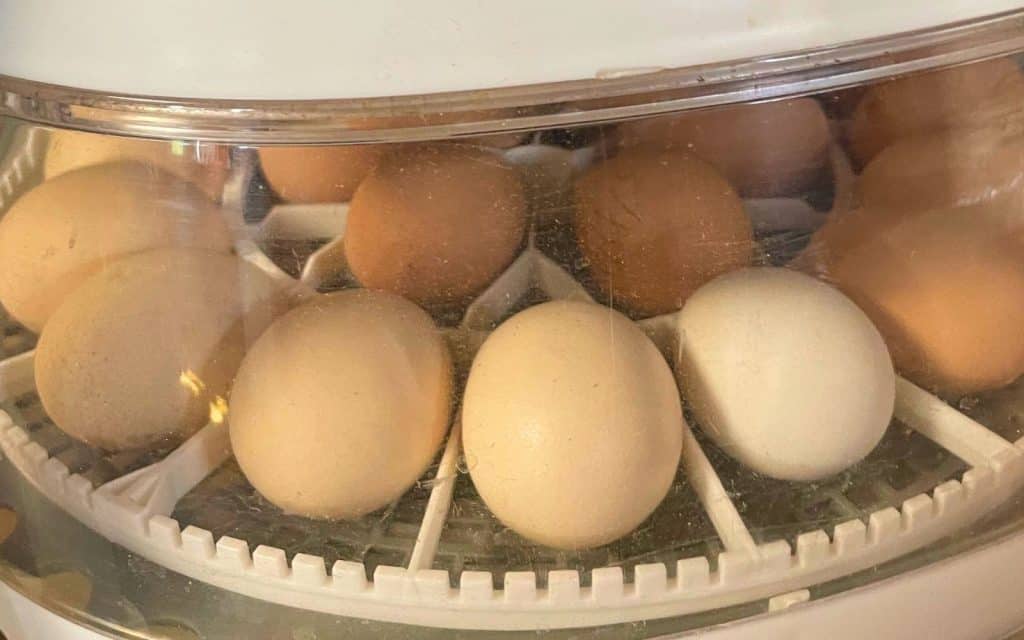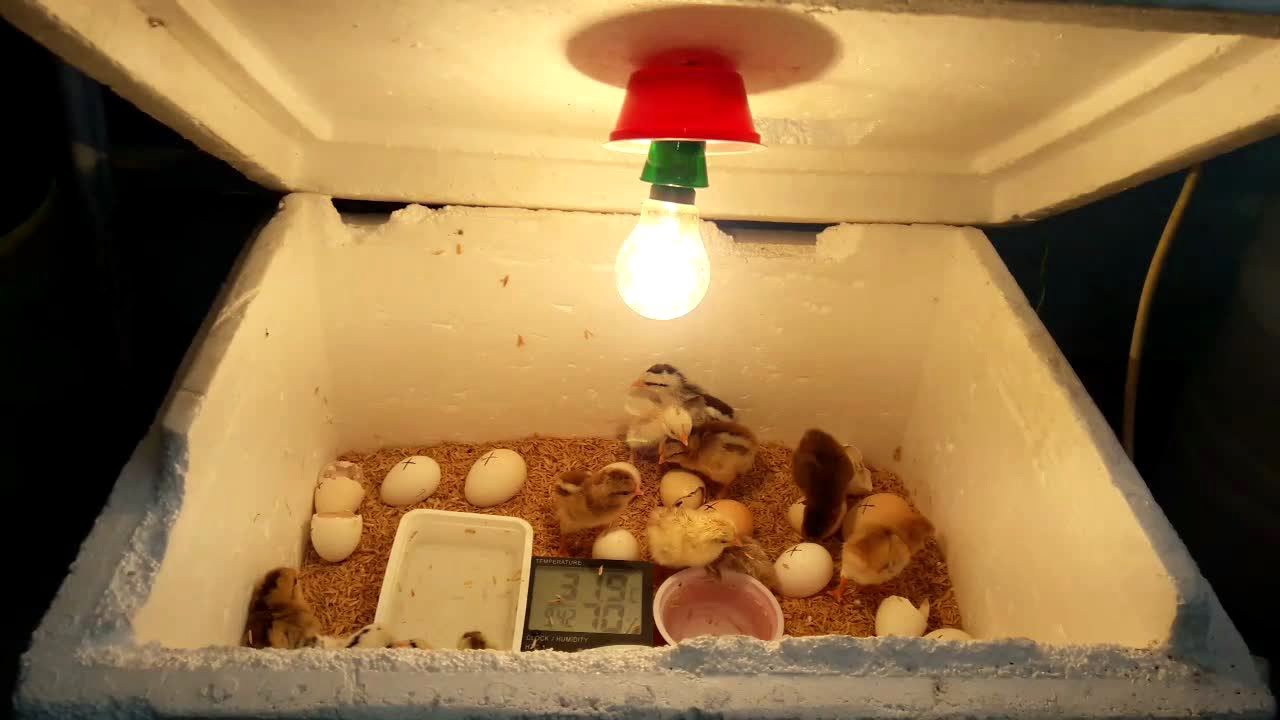For chicken enthusiasts and hobbyists, understanding how to avoid cross contamination in incubator is crucial. This not only ensures the health and safety of the embryos but also maximizes the success rate of hatching. In this article, we will explore various strategies and practices to prevent cross contamination in your incubator.

Understanding Cross Contamination
Cross contamination refers to the transfer of harmful bacteria or viruses from one surface to another. In the context of incubators, it can lead to infections that compromise the development of embryos. Identifying the root causes is the first step towards prevention.
Common Sources of Contamination
- Unclean hands or equipment
- Dirty eggs
- Infected air particles
Importance of Cleanliness in Incubation
Maintaining a clean environment within the incubator cannot be overstated. By regularly cleaning and disinfecting the incubator, you significantly reduce the risk of pathogens entering the system. Incubator Guide offers insights into troubleshooting and maintenance.
Effective Cleaning Procedures
Here are some steps to ensure cleanliness:
- Use a non-toxic disinfectant to clean the incubator.
- Ensure all tools and accessories are disinfected before use.
- Regularly check and clean the incubators vents and fans.
Handling Eggs with Care
Proper handling of eggs is vital to prevent introducing contaminants. Always wash your hands before and after handling eggs. Consider using gloves for an extra layer of protection.
Egg Selection and Storage
Choose clean, undamaged eggs for incubation. Store them in a cool, dry place before placing them in the incubator. For best practices, refer to the Egg Collection Guide.
Monitoring Incubator Conditions
Maintaining optimal conditions within the incubator is essential. This includes regulating temperature, humidity, and ventilation to prevent the growth of harmful microorganisms.
Temperature and Humidity Control
The ideal temperature for incubation is around 99.5F, with humidity levels between 40-50% initially, increasing to 65-75% towards the end of the incubation period. For more tips, check Humidity Hacks.
Regular Monitoring and Adjustments
Regularly monitor the incubator’s internal conditions. Any deviations should be addressed immediately to prevent contamination. Consider investing in a reliable thermometer and hygrometer for precise readings.
Using Air Filters
Installing air filters can help reduce airborne contaminants, ensuring clean air circulation within the incubator.
Frequent Health Checks
Conduct health checks on the developing embryos to spot any signs of infection early. This proactive approach helps in taking prompt actions if any issues arise.
Recognizing Signs of Contamination
Look for discoloration or unusual odors which could indicate contamination. In such cases, isolate the affected eggs immediately.
Implementing a Quarantine Procedure
Quarantine any new eggs before introducing them to the main incubator. This step minimizes the risk of introducing new pathogens into the system.
Duration of Quarantine
A quarantine period of at least 24 hours is recommended to observe for any signs of disease or contamination.
Proper Record Keeping
Maintain detailed records of incubation conditions, egg handling, and health checks. This information aids in identifying patterns and improving future practices.
Using Digital Tools
Consider using digital tools or apps to track and optimize incubation processes. This can greatly enhance efficiency and success rates.
Conclusion
Understanding how to avoid cross contamination in incubator is fundamental for successful incubation. By implementing the strategies discussed, you can enhance the health and viability of your embryos. For more information on incubation, visit this Beginners Guide.

FAQs
What is the ideal temperature for incubation?
The ideal temperature for incubating chicken eggs is approximately 99.5F.
How often should I clean the incubator?
Regular cleaning is essential. Aim to clean the incubator before each new batch of eggs and periodically during the incubation period.
Can I use eggs from the grocery store for incubation?
It’s best to use fertilized eggs from a reliable source, as grocery store eggs are typically not fertilized and may not hatch.
This article contains affiliate links. We may earn a commission at no extra cost to you.











